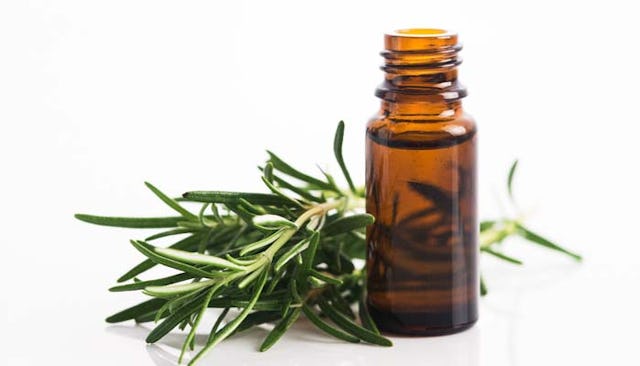More And More Kids Are Being Poisoned By Essential Oils

Essential oils are a serious danger to kids if they’re not stored and used correctly
Virtually anything that can be ingested could be a potential danger to a child, so it’s no surprise that there’s been a dramatic rise of trips to the ER for children who have been poisoned by essential oils. The rise of companies like DoTerra and the massive network of people who sell these oils online have made their presence in homes expand.
Health Day reports that between 2011 and 2015, toxic exposure to these oils has doubled, and four out of every five cases were in children.
“In children, poisoning typically occurs when they try to swallow the oil, but choke so that a little of it goes into the lungs, which causes pneumonia; it only takes less than half a teaspoonful to do that. This hazard applies to every essential oil,” says Dr. Justin Loden, a certified specialist at Vanderbilt University Medical Center’s Tennessee Poison Center. He added that children have also been poisoned by excessive or inappropriate application of essential oils to the skin.
Essential oils are not necessarily a danger in and of themselves, but the way they are commonly administered and stored causes a potentially dangerous situation for kids. A lot of essential oils come in a vial that has a cap that can be easily removed — not child-proofed. The oils smell good, so children ingest them and then cough them up because they presumably don’t taste as good as they smell.
[shareable_quote]Few have been tested like medicines have, even though people put them in their mouths, on their skin, and in their children’s vaporizers.[/shareable_quote]
“Many essential oils can cause rashes if used on the skin. Many can be poisonous if absorbed through the skin or swallowed,” writes Poison Control.org. “Few have been tested like medicines have, even though people put them in their mouths, on their skin, and in their children’s vaporizers.”
Health Day’s list of “highly toxic essential oils” includes camphor, clove, lavender, eucalyptus, thyme, tea tree, and wintergreen oils. “Many essential oils can cause symptoms such as agitation, hallucinations and seizures. Symptoms may also include chemical burns, breathing problems, liver failure and brain swelling, among others,” Health Day noted.
Another thing to note is that anyone can sell these oils. When you buy your essential oils from a friend on Facebook, it’s probably safe to assume that friend is not a registered homeopathic nurse. Blogs filled with anecdotes about how the oils have positively effected the health of children do not take the place of actual research, which the FDA has not performed on many of these oils because they are considered “fragrances” or “cosmetics.” DoTerra was under fire in 2014 for advertising medicinal purposes and “sales associates” were reminded making medicinal claims was not okay. A letter from the FDA to one of the founders of the company stated, “Your products are prescription drugs as defined in section 503(b)(1)(A) of the Act [21 U.S.C. § 353(b)(1)(A)]) for some of the claims made for them because, in light of their toxicity or other potentiality for harmful effect, the method of their use, or the collateral measures necessary to their use, they are not safe for use except under the supervision of a practitioner licensed by law to administer them.”
If something is being pushed as “medicinal” it should be packaged like medicine: with childproof tops. There should also be warnings in place so parents understand how harmful they can be. You cannot simply tout these oils as “natural” and not harmful simply because they are derived from plants. If something is meant to be ingested for a medicinal purpose, it should be approved by the FDA for that purpose. The terminology surrounding these oils can potentially make them dangerous, because parents do not seem to understand how harmful they can be, and as evidence by the rise in trips to the ER, are not storing them properly.
Essential oils can be toxic, especially to children. When storing in a home with children, treat them as you would any other potentially harmful product — keep them out of reach.
This article was originally published on